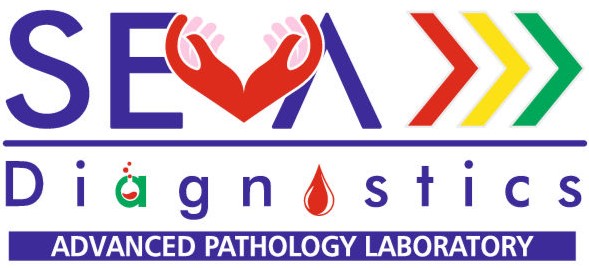Understanding what’s happening inside your body can change how you feel every day. Blood testing for vitamin deficiencies helps spot nutritional shortfalls that might not show obvious symptoms but still affect your well-being. These gaps in nutrition can silently undermine health, reducing energy and vitality. By getting a clear picture of your vitamin levels through blood tests, you can make personalized decisions for better health management. This approach could be key in crafting a tailored health journey aimed at boosting your overall nutrition and energy levels.
Understanding Vitamin Deficiencies
So, what exactly are vitamin deficiencies? They’re basically gaps in the essential nutrients your body needs to function well. These can be caused by not eating enough of the right foods, or by illnesses affecting how your body absorbs vitamins. Common signs of vitamin deficiencies can be tiredness, feeling weak, or mood swings. People often ignore these symptoms or blame them on other things. Some groups, like pregnant women, older adults, vegans, and those with long-term health issues, are more at risk of these deficiencies. It’s crucial to understand these risks to tackle the problem effectively.
The Science Behind Blood Testing for Vitamin Deficiencies
How do blood tests figure out if you’re lacking in vitamins? They can measure levels of vitamins, like the vitamin B12 test or the 25 hydroxy vitamin D test. These tests can be done simply by pricking your finger or through more traditional methods, like having blood drawn in a lab. Labs use advanced techniques to ensure results are precise. The process is reliable and helps accurately assess what your body has and what it might be missing. These tests can guide you toward exactly what you need to maintain optimal health.
Why Standard Nutrition Advice Isn’t Enough
General dietary suggestions often miss the mark due to individual differences. Not everyone absorbs nutrients in the same way. You could be eating all the right foods yet still have a low vitamin B12 level due to absorption issues. Personalized, evidence-based advice can be more effective. For instance, some people following a balanced diet may still need supplements because their bodies don’t process certain foods efficiently. Tailored solutions, informed by blood tests, offer targeted adjustments rather than taking a blanket approach. This isn’t just smarter; it’s necessary for true health optimization.
Transformative Benefits of Blood Testing
Blood tests do more than just highlight what’s missing; they also reveal excessive nutrients, allowing you to avoid unnecessary supplementation. It can save you money by preventing unneeded treatments and products. Personalized adjustments can lead to noticeable health improvements. Many people find that identifying and correcting deficiencies turns their lives around, creating incredible health transformations. Checking these levels ensures that both bodies and minds perform at their best, offering a path to well-balanced health.
Is Blood Testing for Vitamin Deficiencies Right for You?
Who should consider blood testing for vitamin deficiencies? It’s valuable for many, especially those in risk groups like older adults, vegans, and people with long-term conditions. Even people who feel healthy can benefit, as maintaining optimal vitamin levels is crucial. Such tests offer a way to keep tabs on your health over time, helping to sustain well-being in the long run. Regularly monitoring these levels can prevent health problems from sneaking up on you.
The Process: What to Expect
Thinking about getting tested? It’s simple. You can use a home kit or visit a clinic. In either case, you’ll typically begin with a blood sample that will be analyzed for various vitamin levels. Once your results are in, they’ll guide you on how to adjust your diet or supplements. Interpreting these results helps to form a personalized plan that you’re more likely to stick to. Knowing how to react to the data can lead to successful health strategies.
Conclusion: Taking Control of Your Health Journey
Incorporating blood testing for vitamin deficiencies can transform your health management strategy. By providing personalized insights, testing empowers you to take control of your nutrient intake more effectively. It’s a proactive step worth considering. Speak to your healthcare provider or seek out reputable services to start this journey. Being informed enables you to make decisions that benefit your health in the long term.


